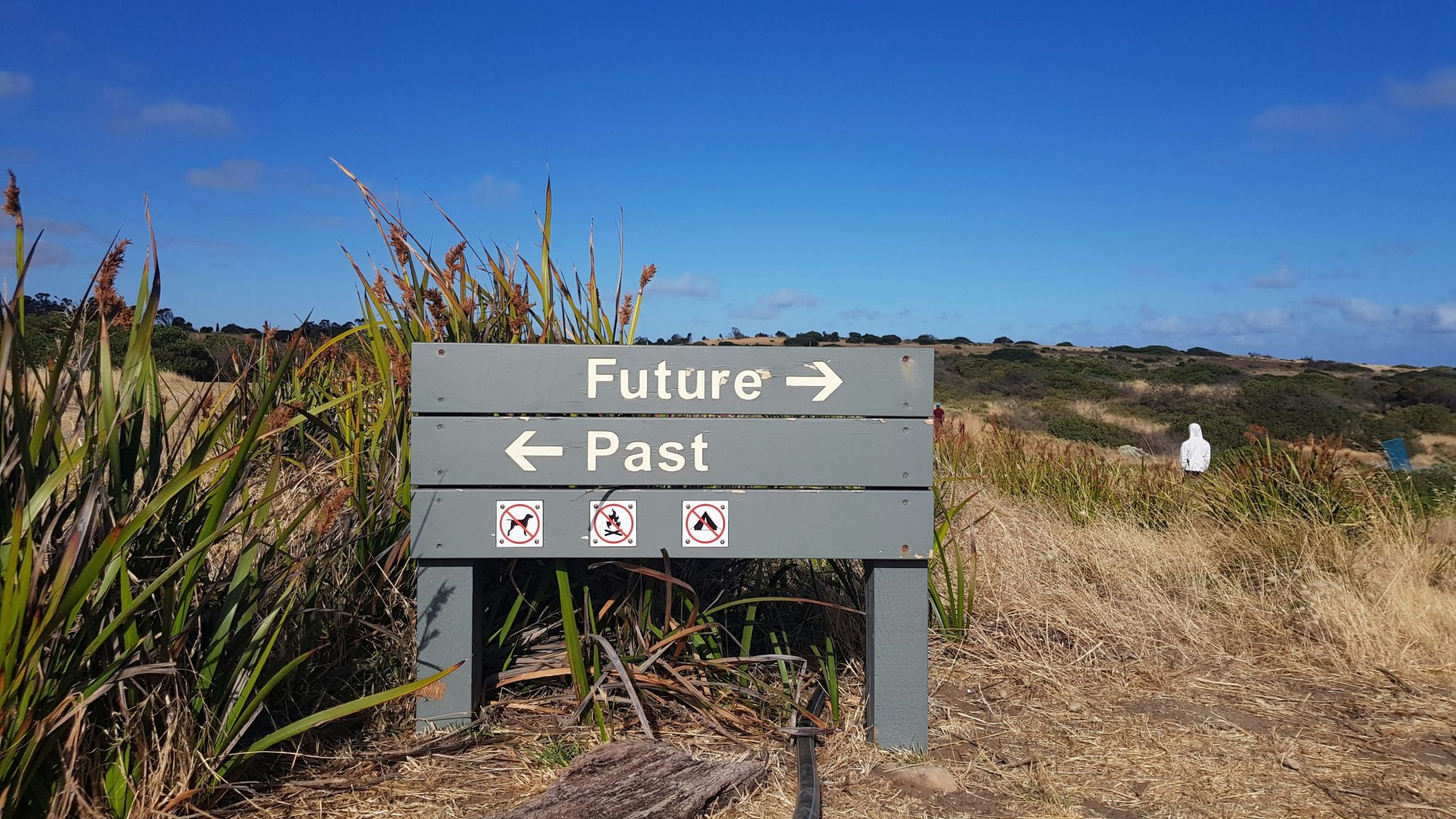Description
May 29, 2024 | 12:00-1:00pm
Description:
Understanding the current methadone treatment landscape within the US can help health professionals advocate for and assist patients with opioid use disorder. Methadone maintenance treatment improves the health of people with opioid use disorder. Methadone treatment was developed in the 1960s and the regulation of methadone treatment prioritized concerns about medication diversion rather than patient health. Regulations segregate methadone treatment from the rest of the healthcare system and specify strict patient requirements in order to receive treatment. In the context of these regulations, there is a severe shortage of methadone treatment availability within the US and many patients who might benefit from methadone treatment find opioid treatment programs (ie, methadone clinics) unacceptable. In response to the COVID-19 pandemic some methadone regulations were relaxed and there are emerging opportunities to accommodate patient needs while receiving methadone treatment.
Learning Objectives:
- Be able to describe how the history of methadone treatment impacts its regulation.
- Be able to describe the limitations of methadone treatment under current regulations in the US.
- Be able to describe the changes in methadone treatment regulation following the COVID-19 pandemic.
Presenters:

Paul Joudrey, MD, MPH
Dr. Joudrey is an Assistant Professor in the Division of General Internal Medicine at the University of Pittsburgh School of Medicine. He provides primary care, addiction medicine, and harm reduction services within outpatient and community settings. His research focuses on identifying factors impacting addiction treatment access and outcomes across urban and rural communities and developing, evaluating, and scaling interventions tailored to community needs to improve the health of people who use drugs. This includes research to expand access to patient centered methadone treatment for opioid use disorder. He is Co-lead Investigator for NIDA CTN-131, a randomized pragmatic trial of office-based methadone versus buprenorphine. He received his undergraduate degree from Case Western Reserve University and his medical degree from New York University. Dr. Joudrey completed residency training at Montefiore Medical Center in the Primary Care Social Internal Medicine program and completed the National Clinician Scholars Program fellowship at Yale School of Medicine.
Audience:
Prescribing clinicians and their teams
Continuing Medical Education
This activity has been planned and implemented in accordance with the accreditation requirements and policies of the Accreditation Council for Continuing Medical Education (ACCME) through the joint providership of the Maine Medical Education Trust and CCSME. The Maine Medical Education Trust is accredited by the Maine Medical Association Committee on Continuing Medical Education and Accreditation to provide continuing medical education for physicians.
The Maine Medical Education Trust designates this regularly scheduled series for a maximum of 1 AMA PRA Category 1 Credit™. Physicians should only claim credit commensurate with the extent of their participation in the activity.
*Nurses and Nurse Practitioners will be awarded a certificate of participation with a maximum of 1 AMA PRA Category 1 Credit™.
Contact Hours
1 contact hours for social workers, licensed clinical professional counselors, and behavioral health professionals.
1 Category I contact hours for psychologists. CCSME is a pre-approved sponsor and provider of Professional Education Activities for Psychologists.
1 contact hours for Alcohol and Drug Counselors pending approval by the Maine Board of Alcohol and Drug Counselors
1 contact hours CHES. CCSME is a designated provider of continuing education contact hours (CECH) in health education by the National Commission for Health Education Credentialing, Inc.





